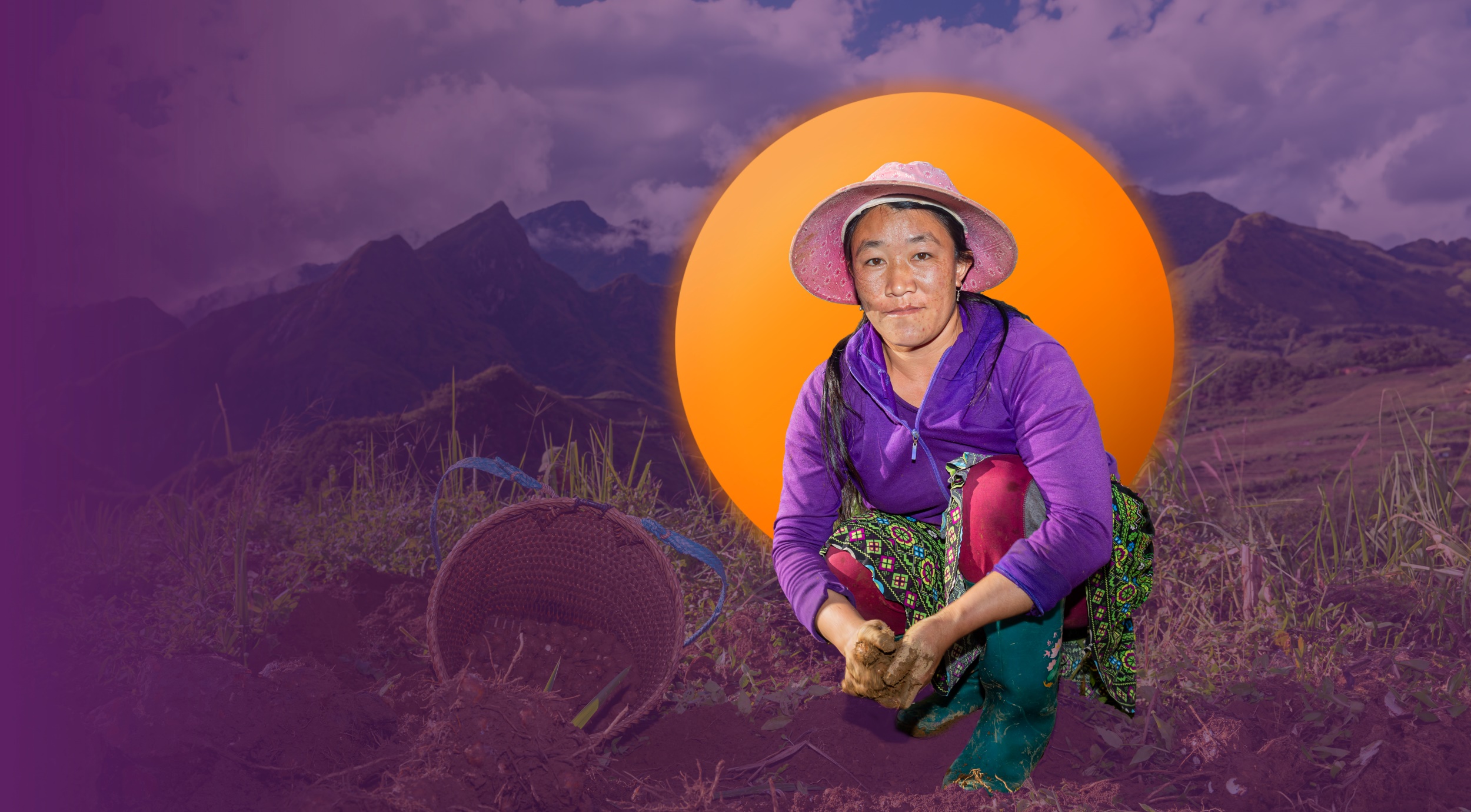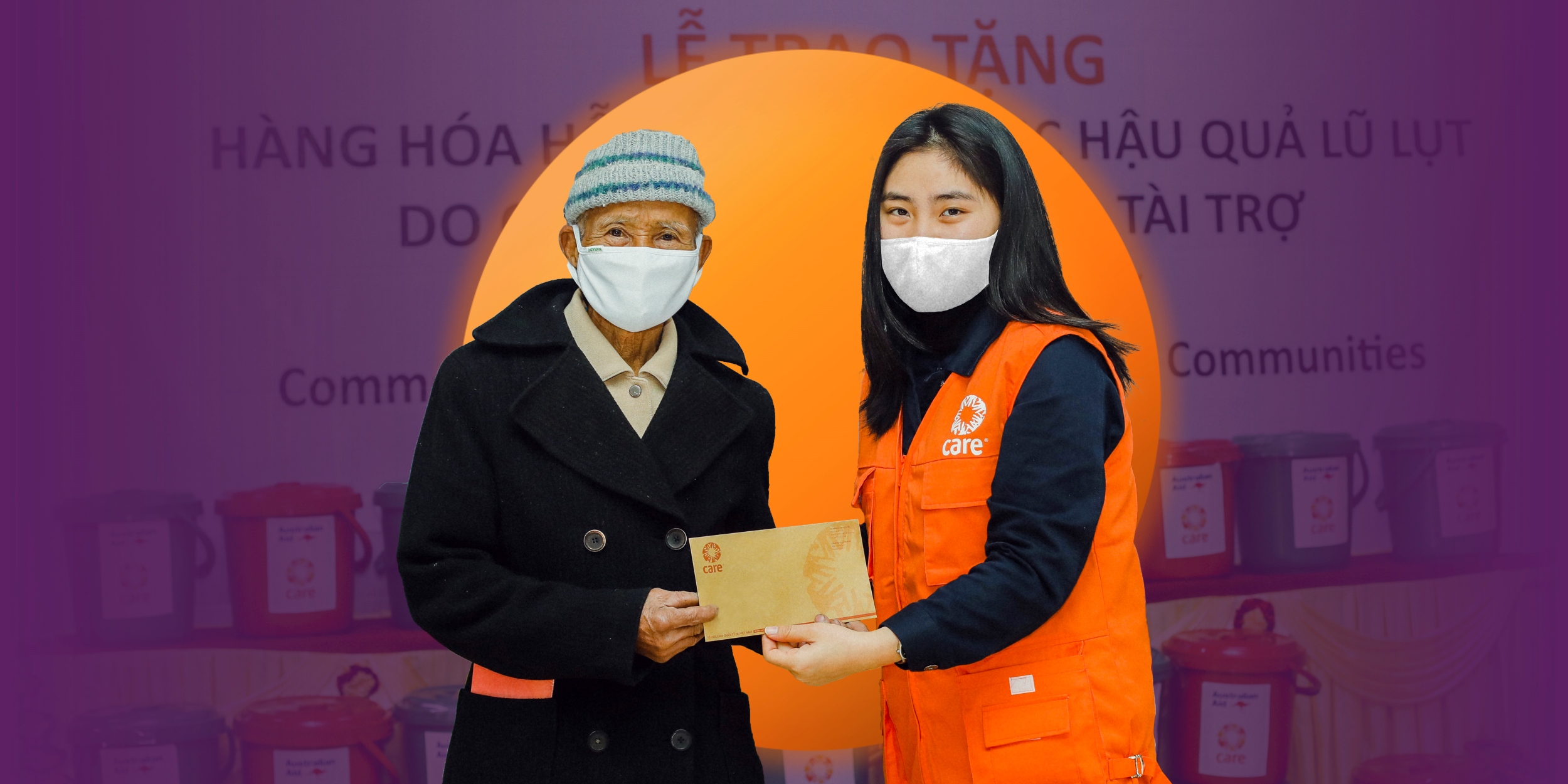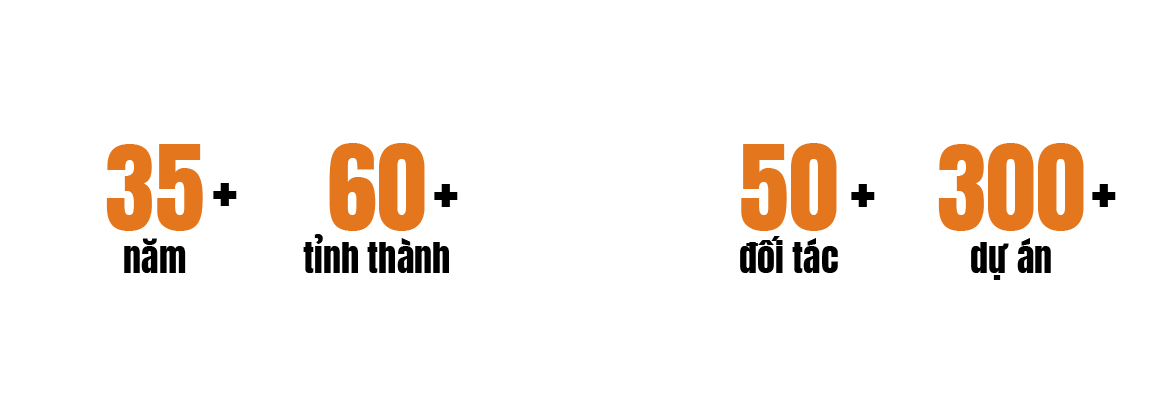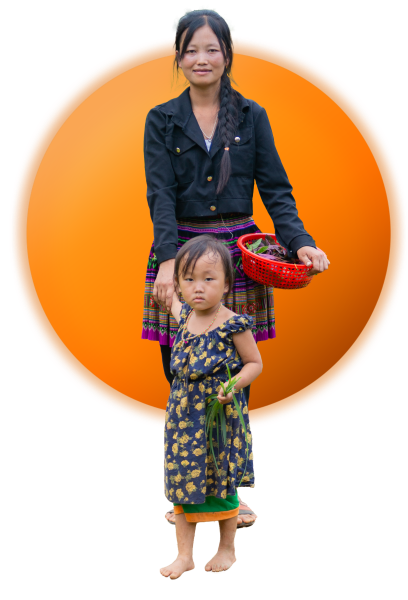Sổ Bán Hàng ký kết hợp tác chiến lược cùng CARE tại Việt Nam
Ngày 12 tháng 12 năm 2024, tại Hà Nội, Sổ Bán Hàng và CARE tại Việt Nam đã ký kết thỏa thuận hợp tác chiến lược thông qua Dự án Bừng sáng/Strive Women, với sự tài trợ của Trung tâm Tăng t...





